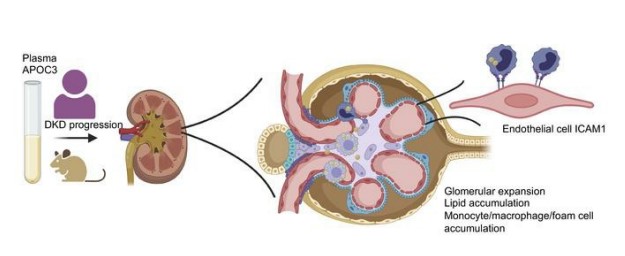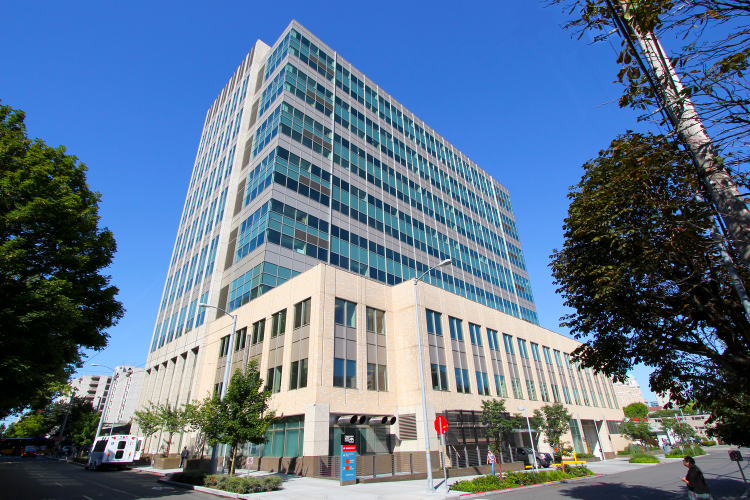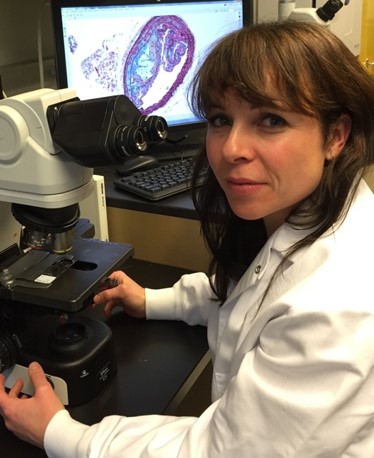Jenny
Kanter
PhD
Contact
E: jenka@uw.edu
Research Interests
Jenny Kanter received her PhD in Pathology from the University of Washington in 2010, focusing on myeloid cell inflammation in the development of diabetes-accelerated atherosclerosis. She did her postdoctoral training at Novo Nordisk A/S in collaboration with Dr. Karin Bornfeldt, PhD, at the University of Washington, studying an insulin peptide mimetic with anti-atherosclerotic properties. She is a Research Assistant Professor at UW Medicine Diabetes Institute at the University of Washington.
Diabetes is increasing in the United States and across the world, and with that complications of diabetes are also on the rise. These include diabetic kidney disease and macrovascular complications such as cardiovascular disease due to underlying atherosclerosis. In the laboratory, we are focused on these two main complications of diabetes and how they potentially interact. We are especially interested in how triglyceride-rich lipoproteins may contribute to these complications, as we have recently demonstrated that a protein that regulates the metabolism of these lipids can predict both atherosclerotic cardiovascular disease and kidney disease in people with diabetes (see highlighted study below). Our research approach combines data from human studies with model systems to understand the underlying mechanism.
Studies
Publications
Highlighted Study

In this study, we demonstrate that plasma levels of Apolipoprotein C3 (APOC3), a protein that regulates triglyceride-rich lipoprotein (TRL) metabolism, predict the decline in kidney function in people with diabetes. Mechanistically, if we silence APOC3 in a mouse model, there is a reduction in markers of diabetic kidney disease associated with reduced accumulation of monocytes, macrophages, and foam cells, in part, we believe, due to reduced activation of endothelial cells. Cervantes et al., 2024, JCI Insight (PMID: 38743496).
Education & training
I earned my Ph.D. in 2010 from the University of Washington. My Ph.D. work was focused on myeloid cell inflammation in diabetes and how this inflammation affected atherogenesis (PNAS. 2012; PMID:22308341). Following my Ph.D., I did a 2-year postdoc with Novo Nordisk A/S as part of their STAR program. The project involved an insulin receptor agonist with blood glucose-lowering effects with distinct signaling properties compared to insulin. This peptide dramatically reduced atherosclerosis in a model of type 2 diabetes (Diabetes. 2018; PMID: 29483182). Following my postdoc with Novo Nordisk, I transitioned into a faculty position as a Research Assistant professor at the University of Washington in the division of Metabolism, Endocrinology, and Nutrition in 2014. My independent work has continued to focus on complications of diabetes, such as renal and cardiovascular complications (Am J Pathol. 2018; PMID:29154962). We are currently funded to investigate the role of triglyceride-rich lipoproteins in diabetic kidney disease, which is important for cardiovascular complications in diabetes (J Clin Invest. 2019; PMID: 31295146) and kidney disease (JCI Insight. 2024; PMID: 38743496).




